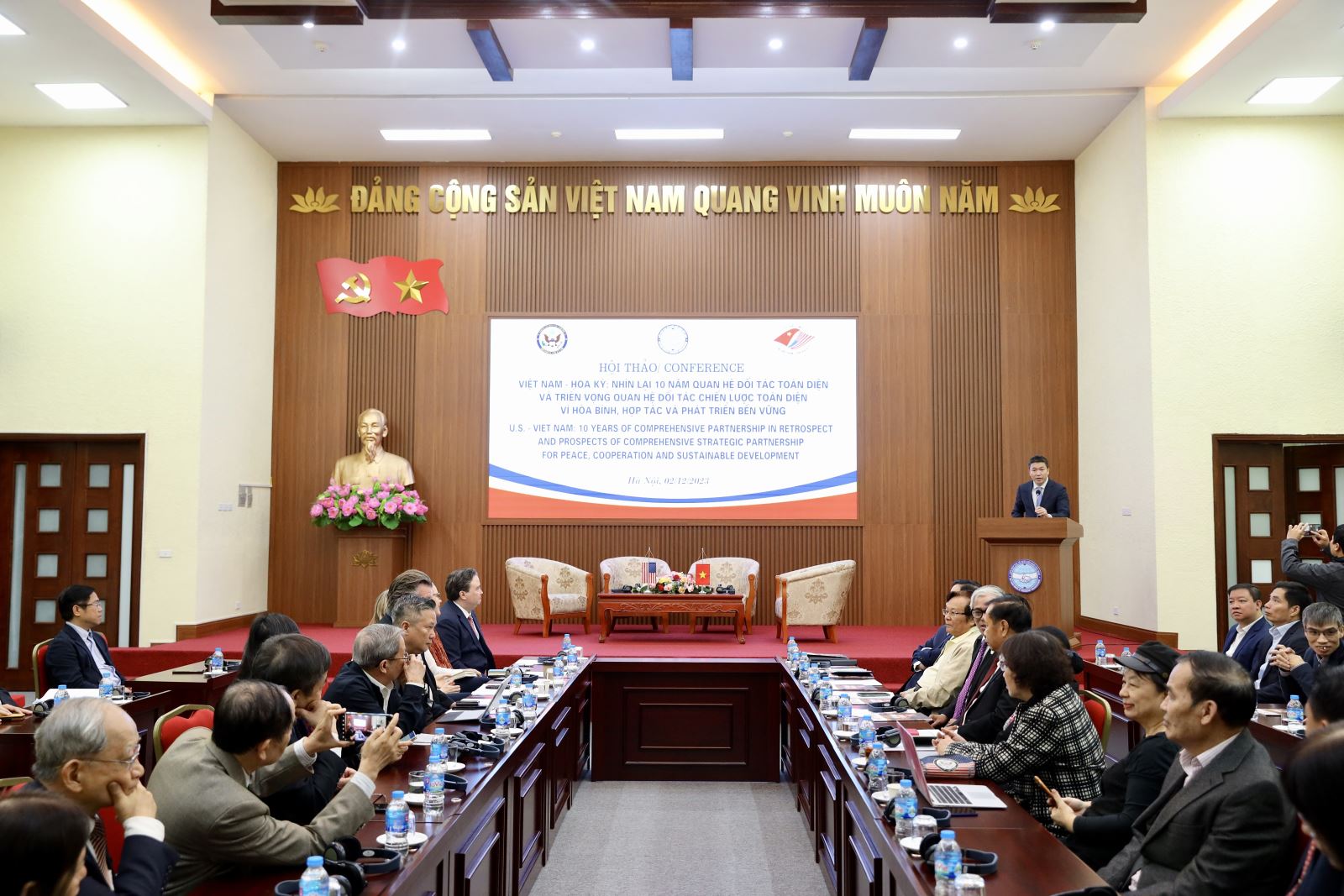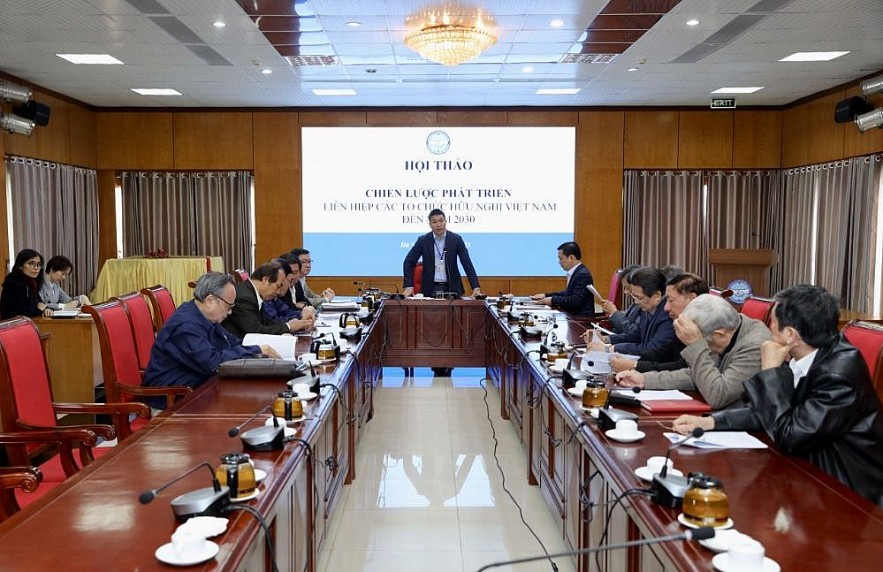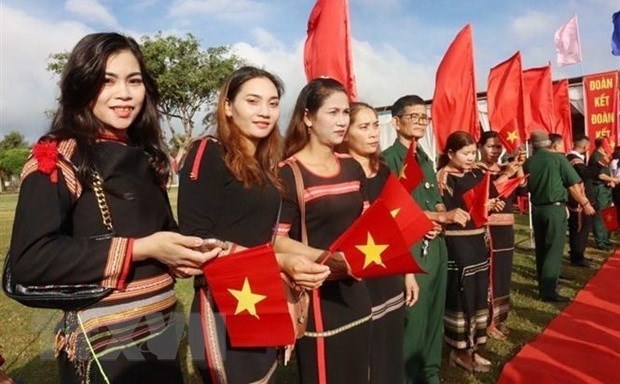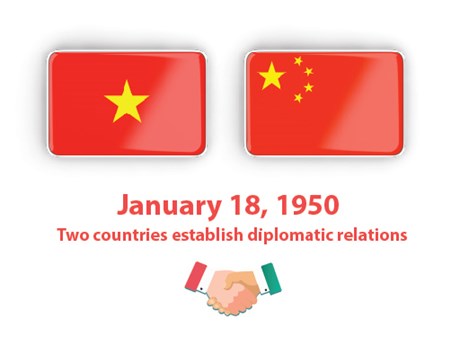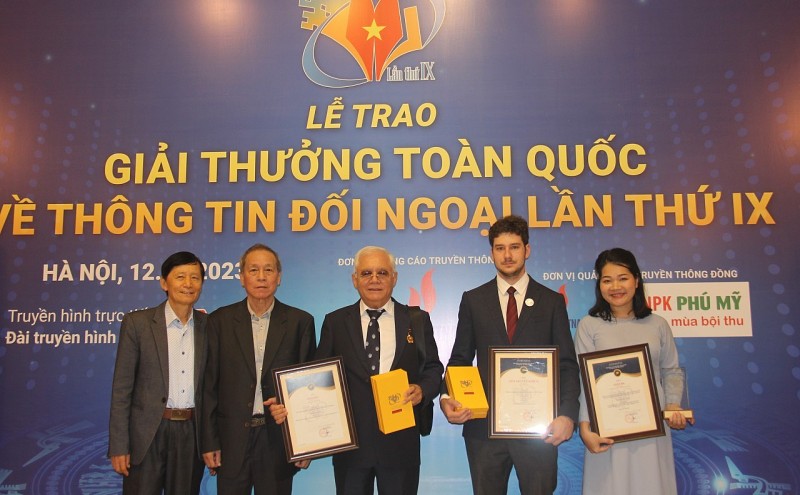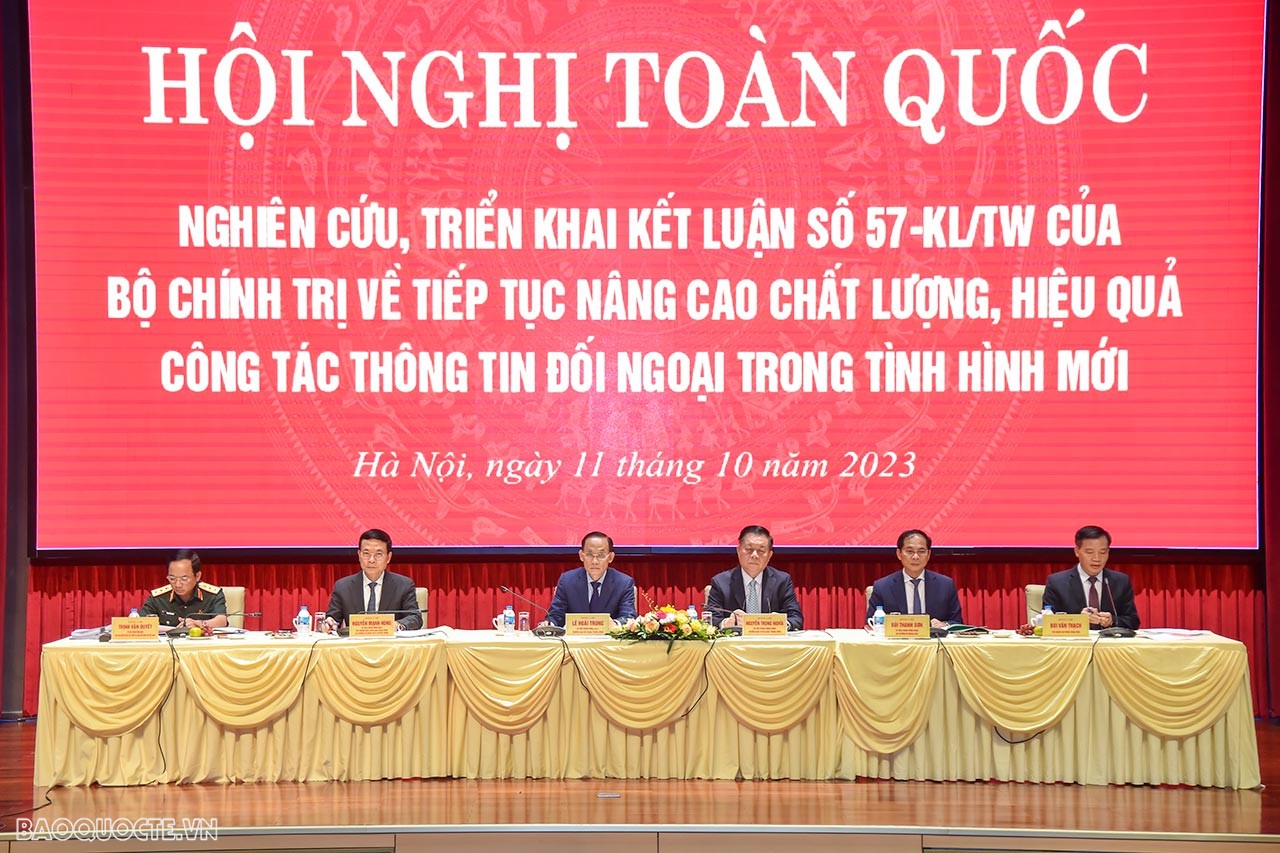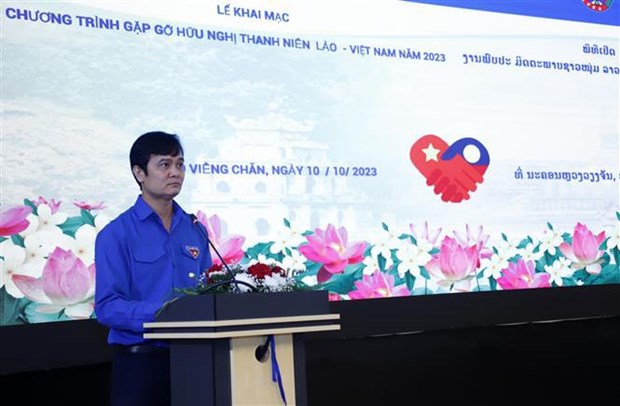The United States' current position as a great power was created by many factors. In addition to the right strategy and specific economic policies, in order to develop strongly and sustainably, the United States has been maintaining a quality workforce. This is the main factor that makes America continue to be as prosperous as it is today. From his research, Prof. People’s Teacher Nguyen Lan Dung wrote an article on "The US meritocracy policy and lessons for Vietnam," advising Vietnamese citizens on how to improve their workforce by following the USA's example;
"The United States is a multi-ethnic and multicultural country, it is also a convergence of many talents from all over the world. The US government always attaches great importance to attracting and utilizing talented people, considering this as one of the important factors in promoting the country's socio-economic development.
The goal of the US talent policy is to attract, recruit, and retain top talent from around the world, especially in the fields of science, technology, engineering, mathematics (STEM), business, health, and education; create a favorable working and learning environment, encourage talents to maximize their abilities and contribute to the development of the United States, and promote the diversity and inclusion of American society.
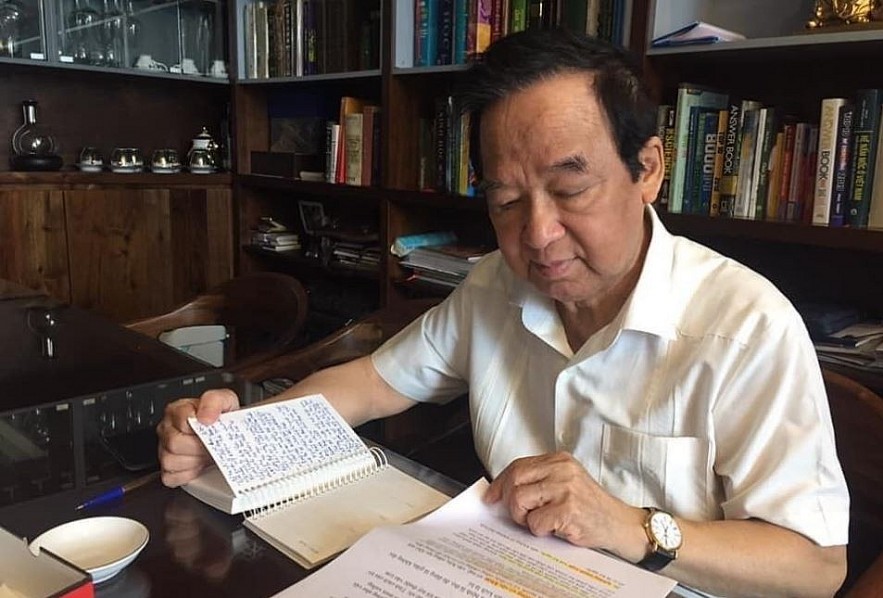 |
| Prof. People’s Teacher Nguyen Lan Dung. |
To achieve that goal, the US government has implemented many specific policies to attract and utilize talented people from other countries, including:
Visa policy: The United States has a diverse and flexible visa system that meets the needs of foreign talents. Common types of Visas for foreign talent are Immigrant Visa, Non-immigrant Visa, and Exchange Visa.
Immigrant visa policy: The United States has many immigration programs for foreign talents, including:
The EB-1 program provides a path to permanent residence for foreign nationals with extraordinary talents in the sciences, technology, arts, education, business,…
The EB-2 program is for highly qualified talents in the fields of STEM, healthcare, education, etc. STEM is an acronym for Science, Technology, Engineering, and Mathematics. STEM is an educational model that integrates knowledge and skills from these four fields, to equip students with the necessary knowledge and skills to solve problems practically.
The EB-3 program is for mid-level talents in the fields of STEM, healthcare, education,...
Non-immigrant Visa policy: The United States has many types of Non-immigrant Visa for foreign talent, including:
The H-1B Visa is for highly qualified professionals in STEM fields.
The L Visa is for managers and experts transferred from the parent company to a subsidiary in the United States.
The J Visa is for students, teachers, and researchers participating in exchange programs.
Financial support policy: The US government and non-governmental organizations provide many financial support programs for foreign talent, including:
US government scholarship program.
Financial support program of non-governmental organizations.
Financial support program of businesses.
Career development policies: The U.S. government and non-governmental organizations offer a variety of career development programs for foreign talent, including:
Professional skills training program.
Career counseling program.
Job connection program.
The United States' policy on attracting global talent has achieved certain successes, contributing to attracting and retaining many talents from all over the world.
According to statistics from the US Department of State, there are currently about 22 million foreigners living and working in the United States, of which about 1 million have university degrees or higher.
However, this policy also has some shortcomings, such as US visa and immigration procedures can be complicated and expensive; the high cost of living and studying in the United States; sometimes there is discrimination against foreigners.
The US government is continuing to improve its policy of using talent from other countries to attract and retain more talented people, contributing to promoting the country's socio-economic development.
The greatest ability of an outstanding employee is creativity. The situation of not having the opportunity to demonstrate their abilities will soon limit their strengths and cause talented people to leave the workplace.
Vietnam is a developing country, there are over 5 million Vietnamese expatriates around the world, including many intellectuals, scientists, technologists, and entrepreneurs working in large research, manufacturing, and business establishments.
Therefore, it is necessary to attract and utilize talented people to promote socio-economic development. We can completely refer to the experience of the United States to develop and implement policies to attract and utilize talents effectively.
Long Pham / Source: Vietnamtimes

(1).jpg)

